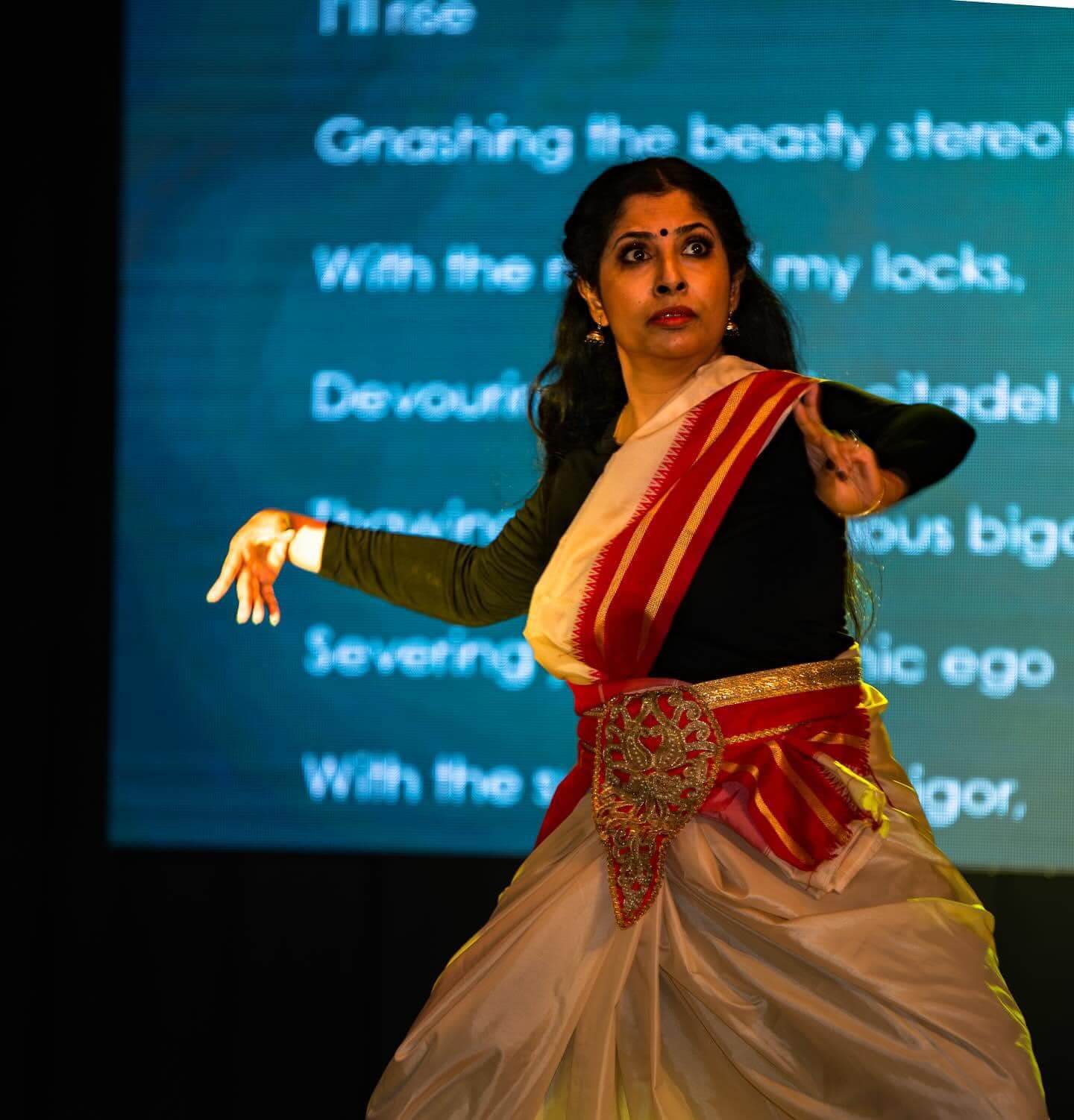Bangalore-based Farheen explains the mystery of the worlds of passwords. From the magical words of Alibaba in the Arabian Nights story to the world of simple and complex passwords, we have come a long way. Read to know more, in the weekly column, exclusively in Different Truths.
We are living in a world of constant change. But, if the change is for good and you need to take the time to adapt it, it proves fruitful.
 In the 18th century, in the folk tale Ali Baba and the Forty Thieves, Ali Baba is a poor woodcutter who discovers the secret of a thieves’ den, entered with the phrase, “Open Sesame.” This was known as a “magical phrase” that time, but technically, it was the “password” to open the cave.
In the 18th century, in the folk tale Ali Baba and the Forty Thieves, Ali Baba is a poor woodcutter who discovers the secret of a thieves’ den, entered with the phrase, “Open Sesame.” This was known as a “magical phrase” that time, but technically, it was the “password” to open the cave.
Before we understand the types of passwords and why it is important to use a unique or a complex password, let us know that the Massachusetts Institute of Technology introduced the first password in the mid-1960s, when researchers at the university built a massive time-sharing computer called CTSS.
All of us have gone through the process of creating a password, our password not being accepted as a  strong password, answering questions for helping us retrieve our forgotten password thereby being able to access our e-mail account, bank account, phone password, et al later.
strong password, answering questions for helping us retrieve our forgotten password thereby being able to access our e-mail account, bank account, phone password, et al later.
Our problem doesn’t end here. Creating and resetting password can be frustrating at times, but we should keep in mind, it’s required to safeguard our data. Most of the approaches may not provide the best possible passwords, which should ideally include one or more numbers, a special character, a pass phrase, and letters in the following cases:
An ideal password must be long and has letters, punctuation, symbols, and numbers. Yes, you have read it correctly.
In 2015, a British company tried using emoji passwords in place of PINs at bank ATMs.
Considering the factors, such as ease of use and security, there is no research that has been done. So, to learn more, in the virtual world (laboratory) and in the real world, a team of researchers from the Technical University Berlin, Ulm University, and the University of Michigan, led by TU Berlin Ph.D. candidate Lydia Kraus, developed EmojiAuth, an emoji-based login system for Android smartphones.
The world’s first Emoji password – https://vimeo.com/130728753
Creating passwords using emojis allow us to use a repository of 2,500 emojis, which promises passwords that are resistant to cracking and human observation.
It must be fun entering emojis passwords in place of letters, numbers, special characters, and a combination of all in addition to passphrases.
In a study conducted, on the Android phones of 41 participants, University of Michigan installed a special login screen for their smartphones’ email app for about two weeks.
Why can the emoji password become popular? The answer is easy. The challenges are quite a few when it comes to remembering the passwords.
About half of them used emoji passwords; the others used PINs. That infers that “emoji passwords” can see the future because some 20 or 21 participants preferred using “emoji passwords” over PIN.
Some of the best practices for password requirements include:
A minimum length of eight characters with a limit of anywhere from 16 to 64 characters or even higher.
- The password must include both uppercase and lowercase letters and it must be case sensitive. It must contain punctuation, symbols, and numbers.
- The password must include at least one number; and
- The password must include at least one special character.
Imagine a scenario in which you must use your smartphone or your laptop more than ten times a day. You should also imagine remembering your password for a device. In this case, it would be better to enter your emoji password.
A human mind can remember pictorial information for a longer time than letters, words, and number.
If you’re curious trying the emoji password, try it out on the developer websites, such as Parse, Quora, Twilio, HN, DN, StackExchange, StackOverflow, Slack (+ Twitter) are embracing Emoji passwords perfectly. And exclude the social media and email sites, such as Facebook, Outlook, iCloud, Gmail (the web-interface).
We still need time to accept and endorse emoji passwords. Until then, if you want to check your password strength, there a plethora of online services that can help you evaluate how secure your password is. Password Meter is a web utility that helps you test your password by giving your password a score to assess its strength or weakness.
References:
©Farheen Viquas
Photos from the internet.
#TechGuru #WorldOfPassword #PIN #ATM #Emails #Facebook #Outlook #ICloud #Gmail #PasswordMeter #DifferentTruths








